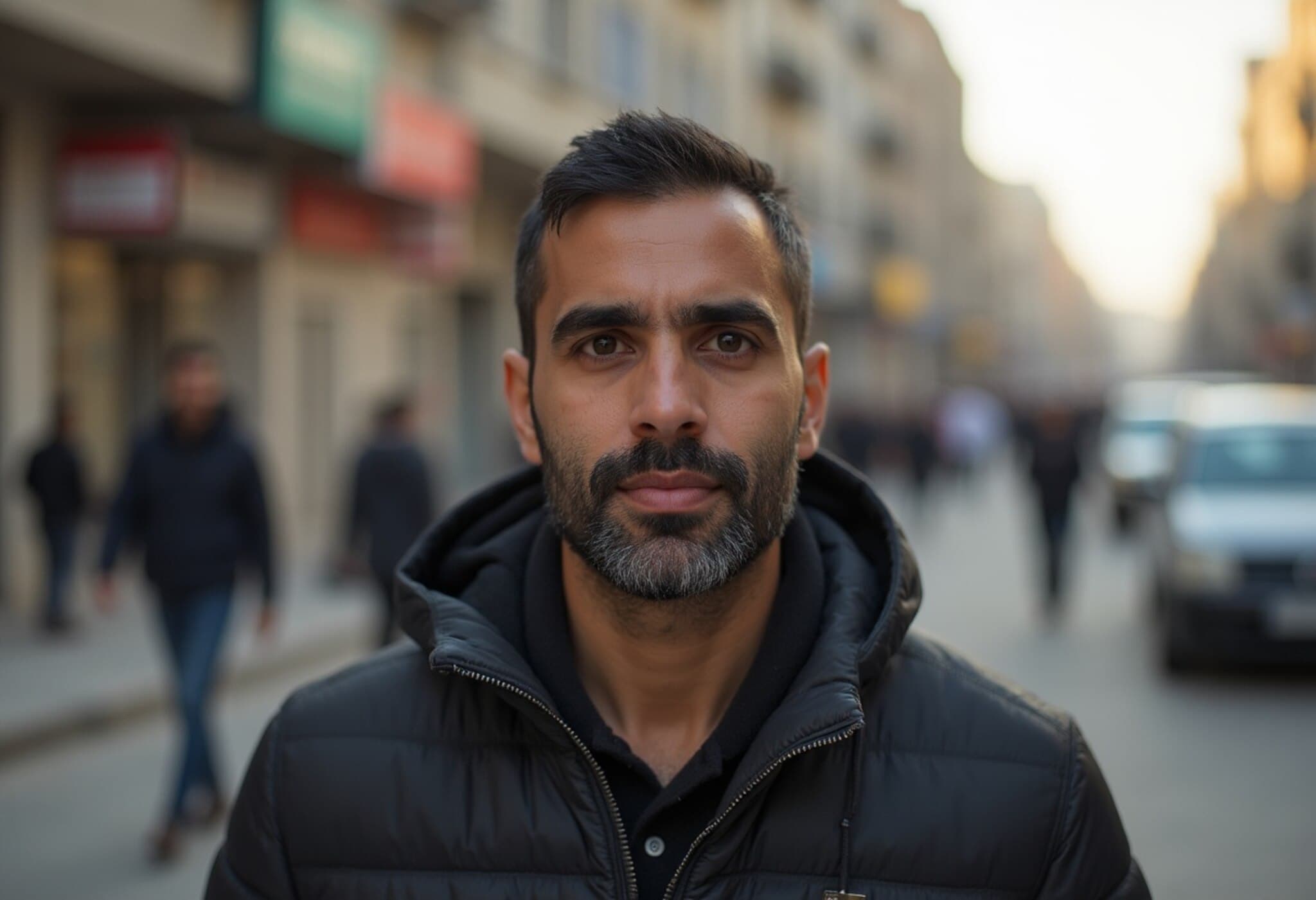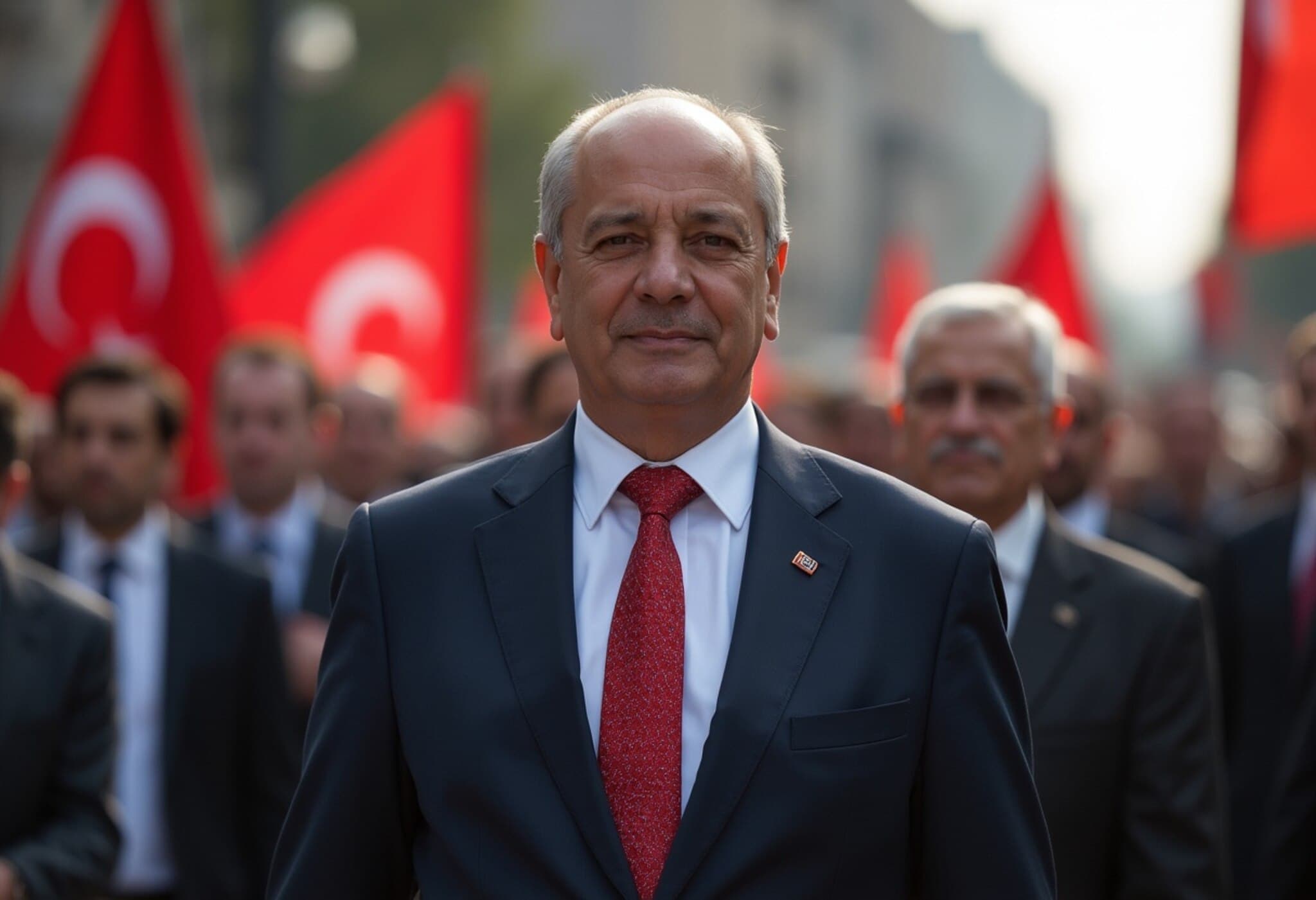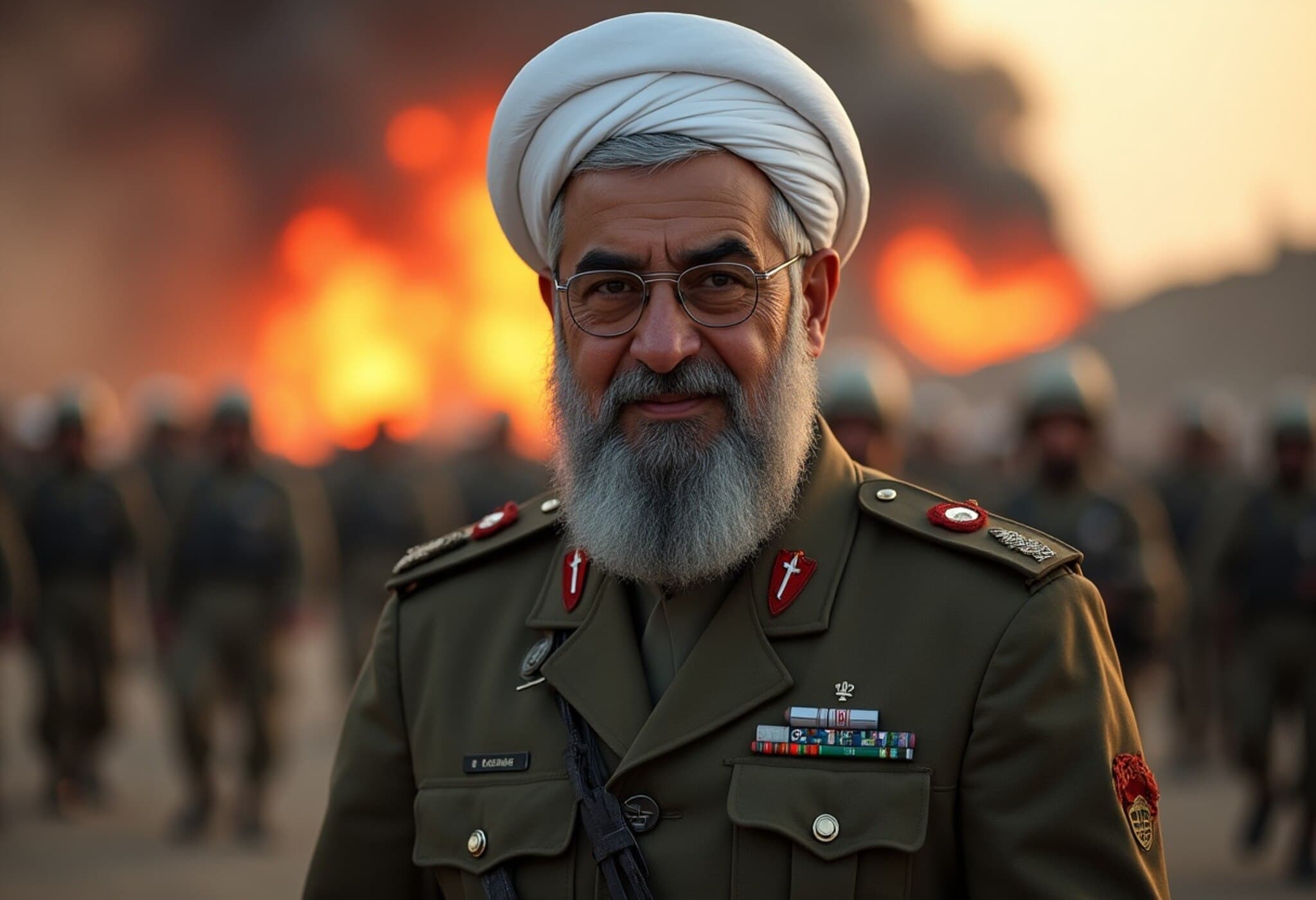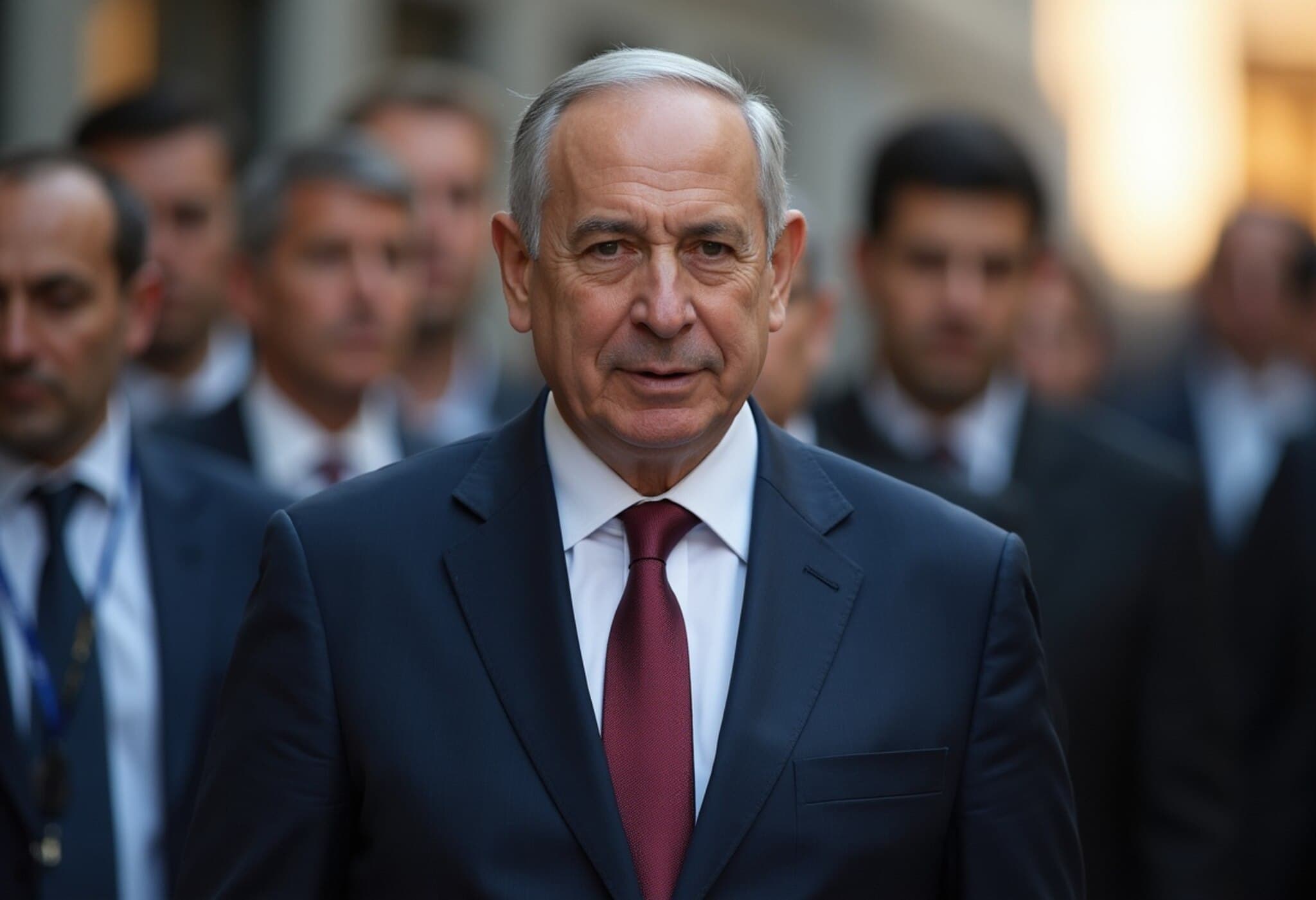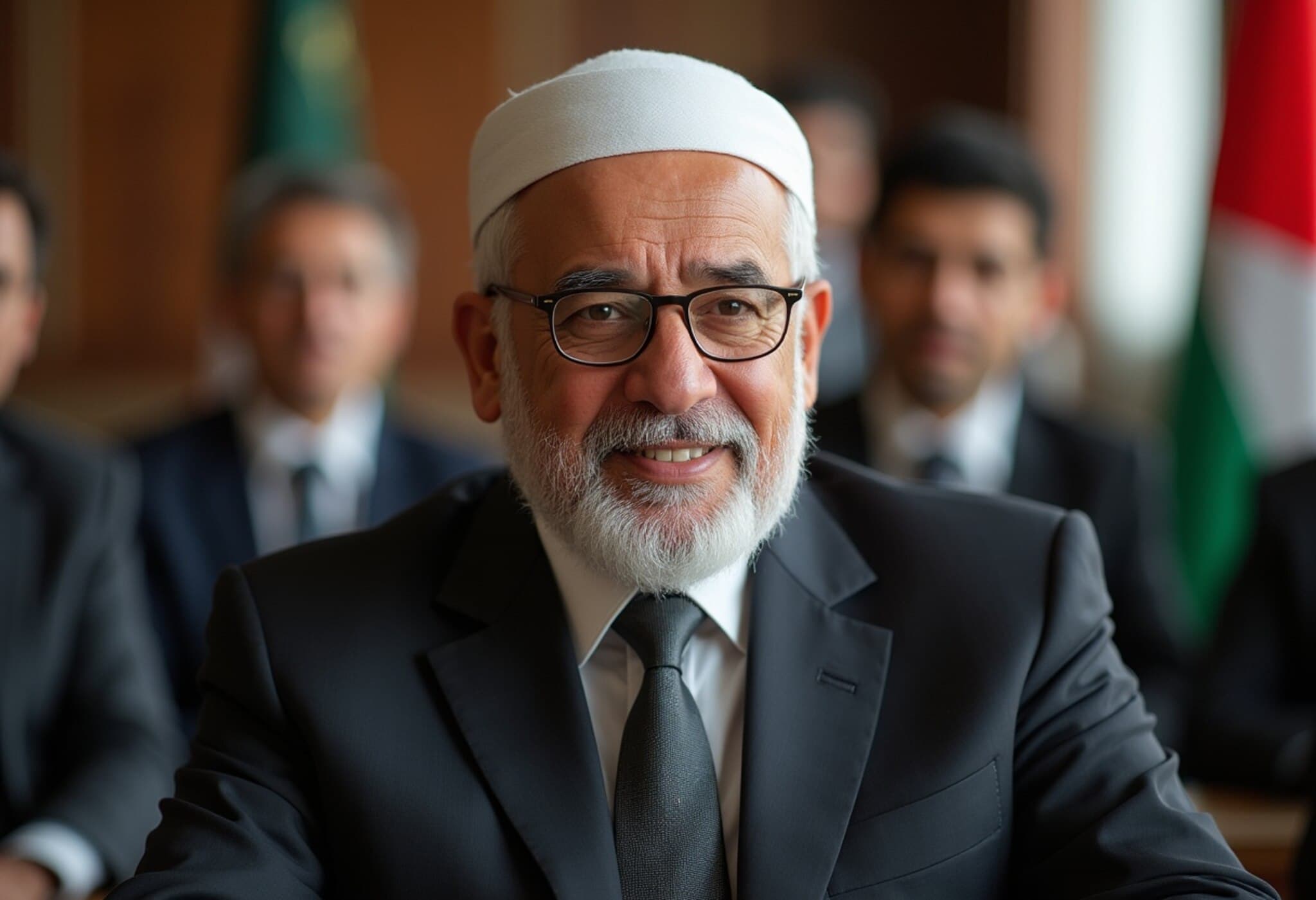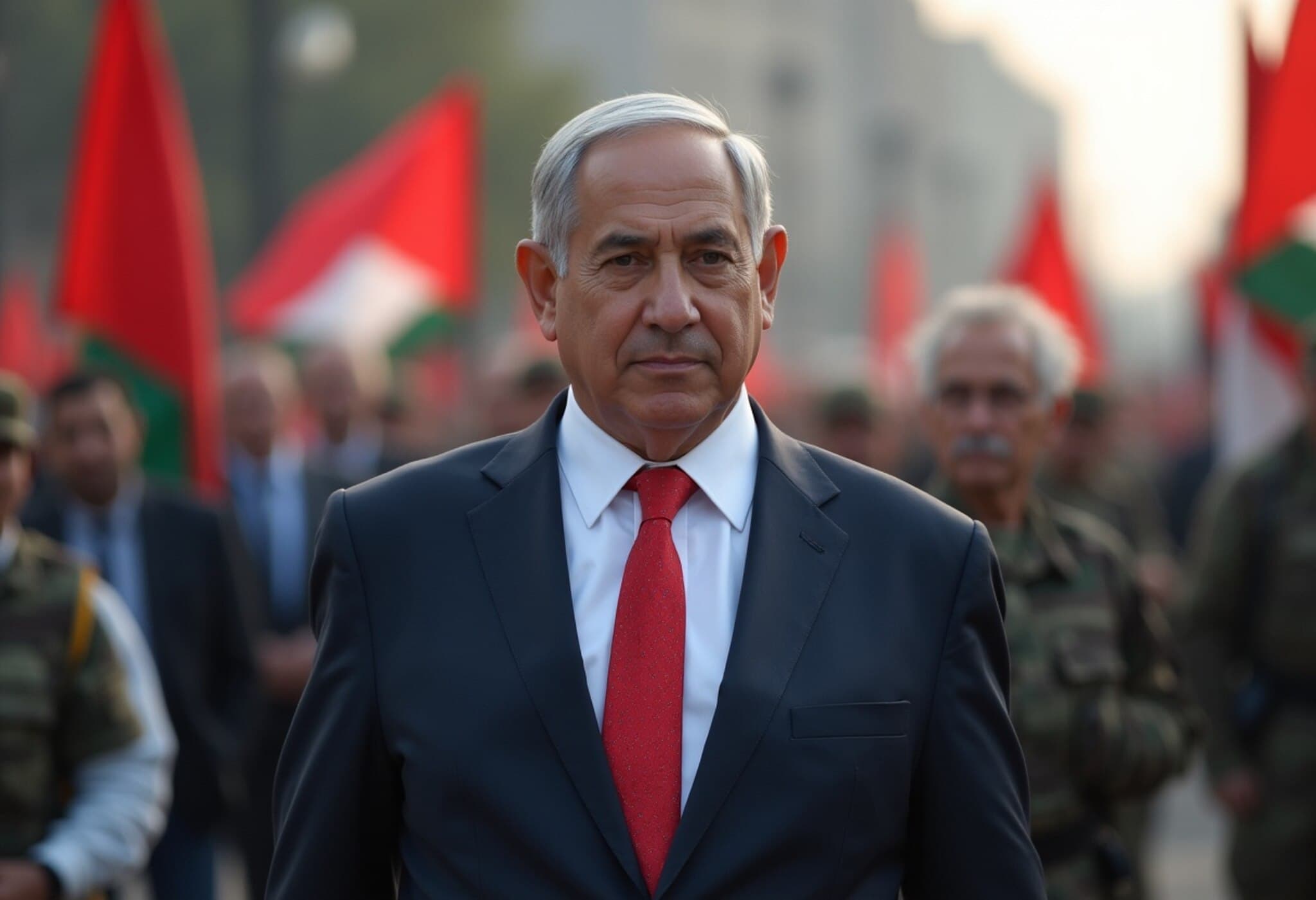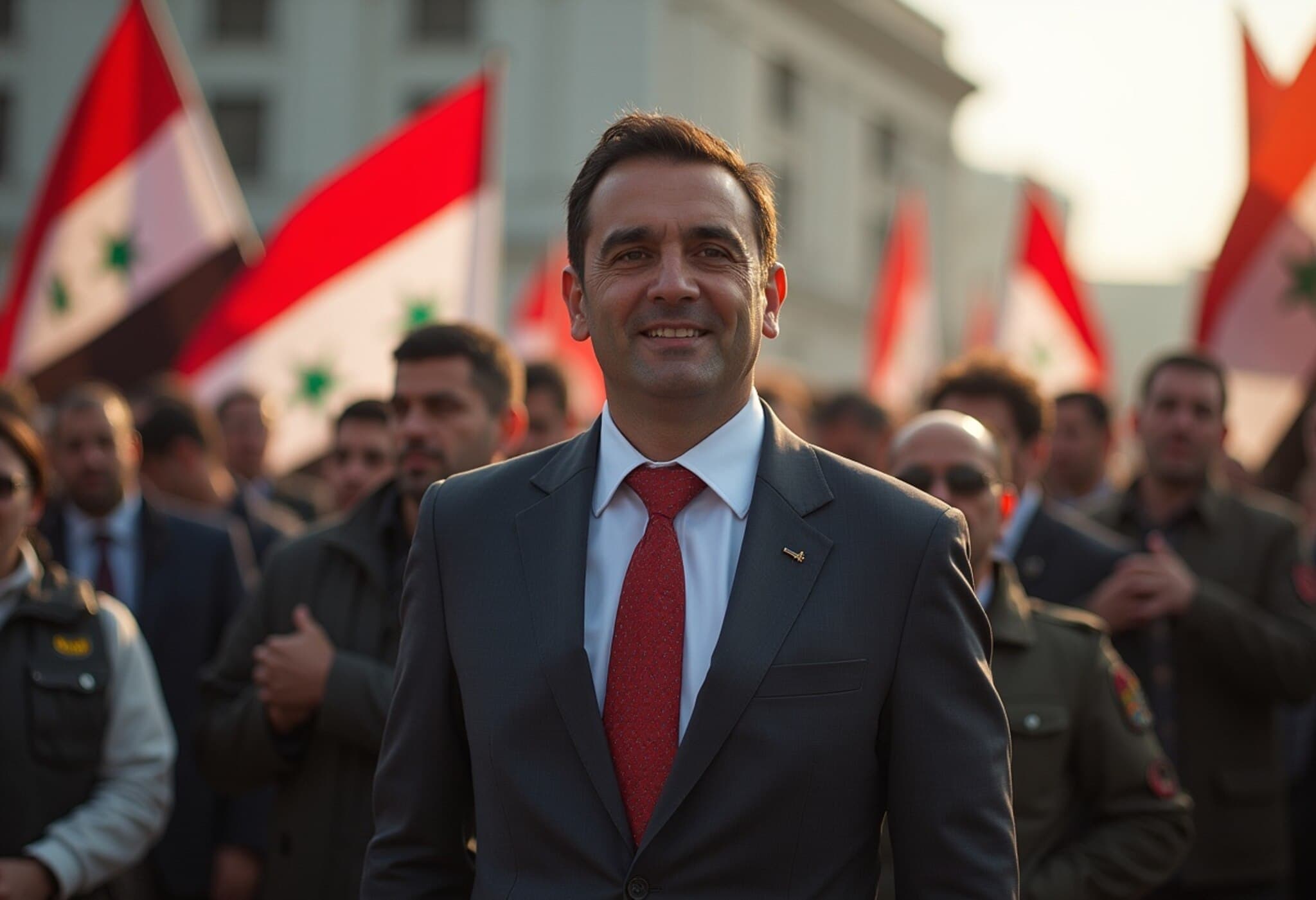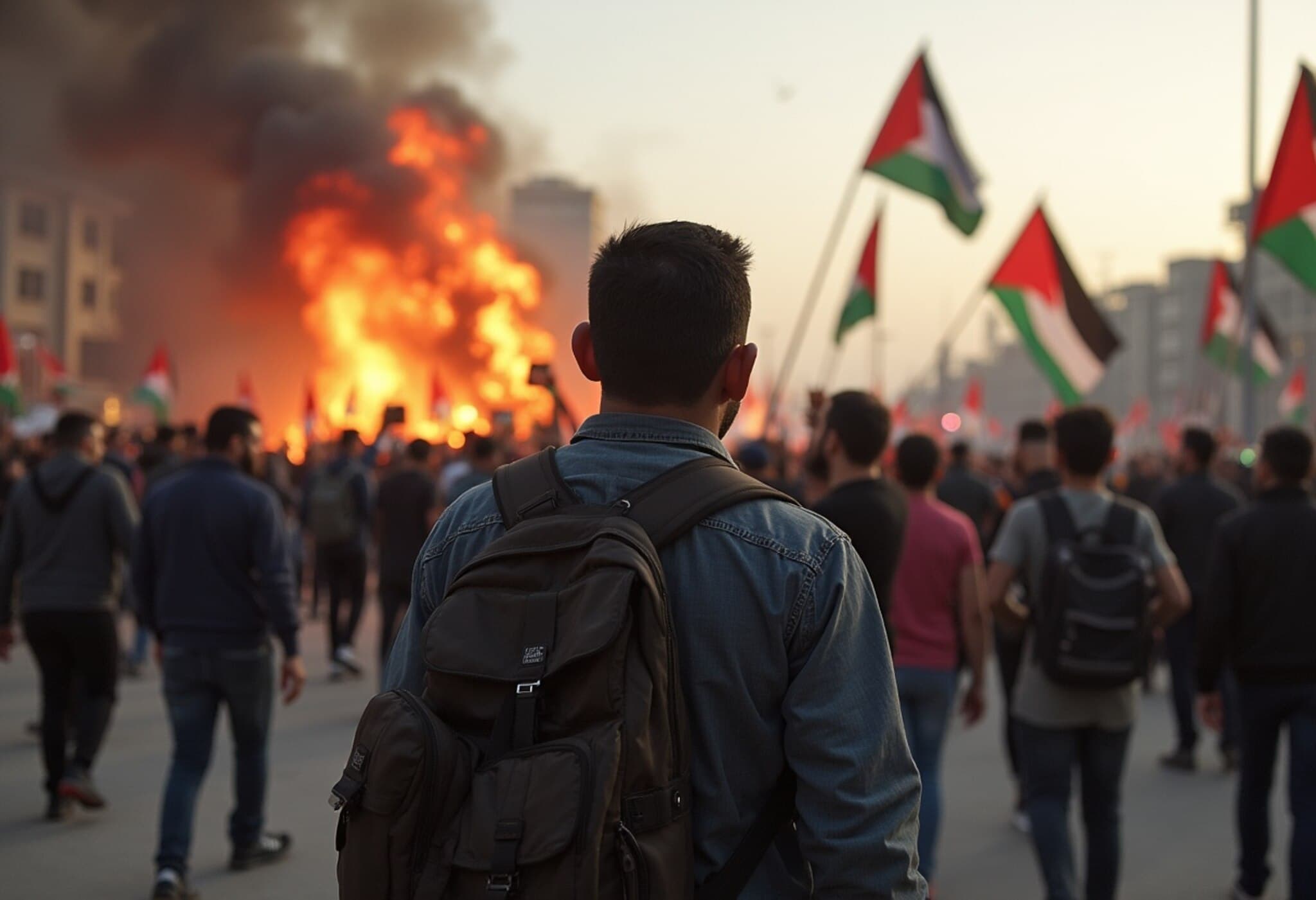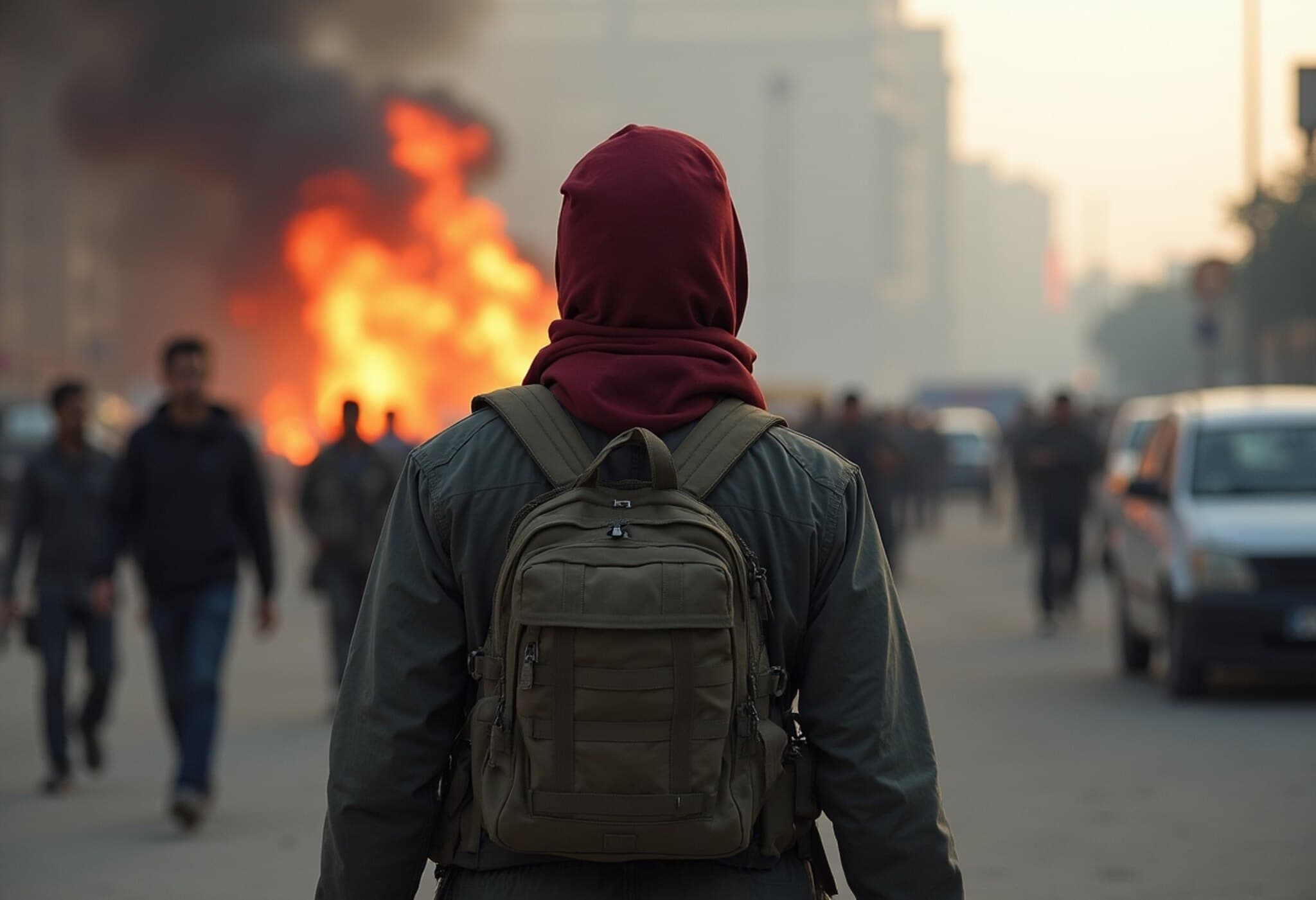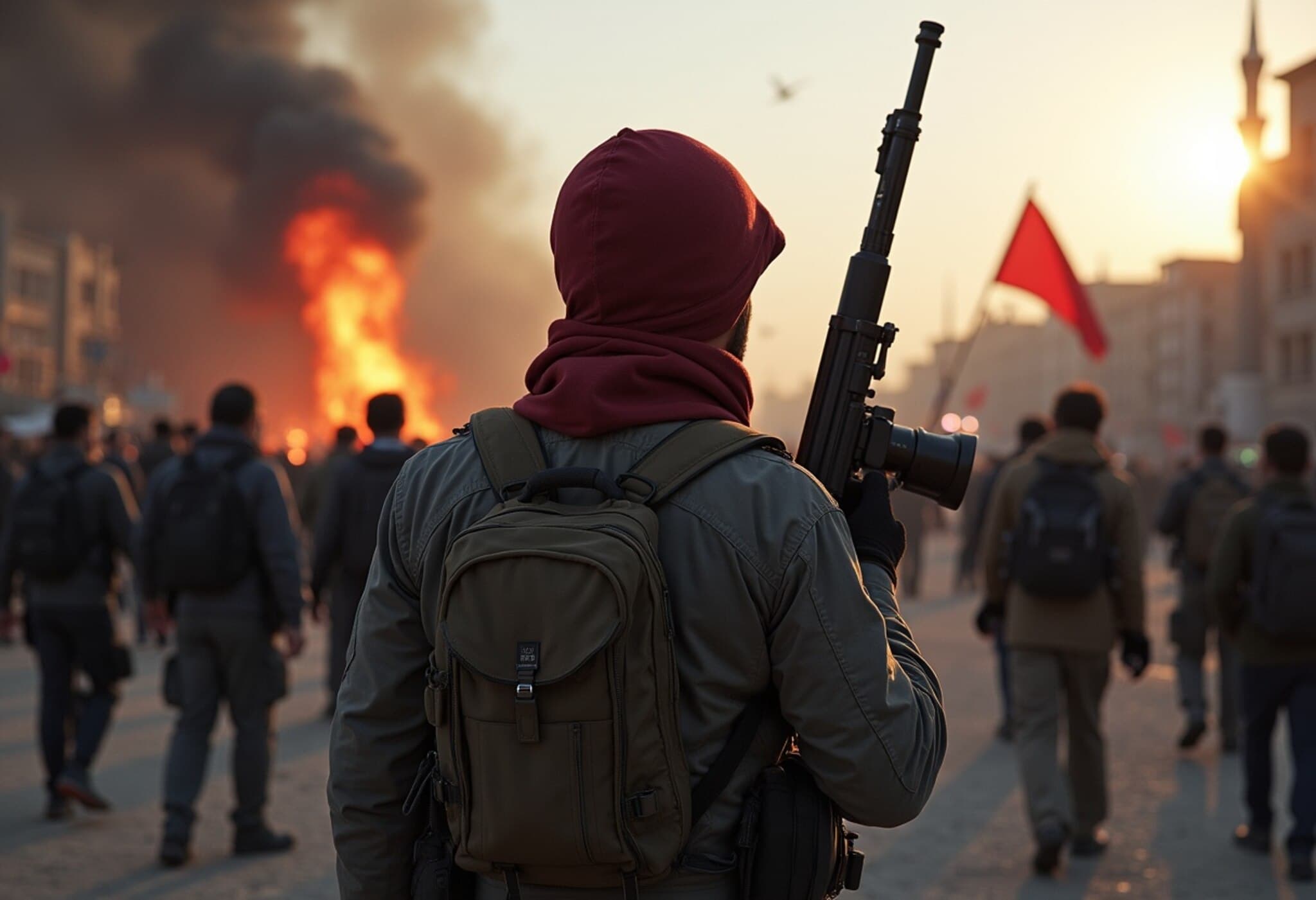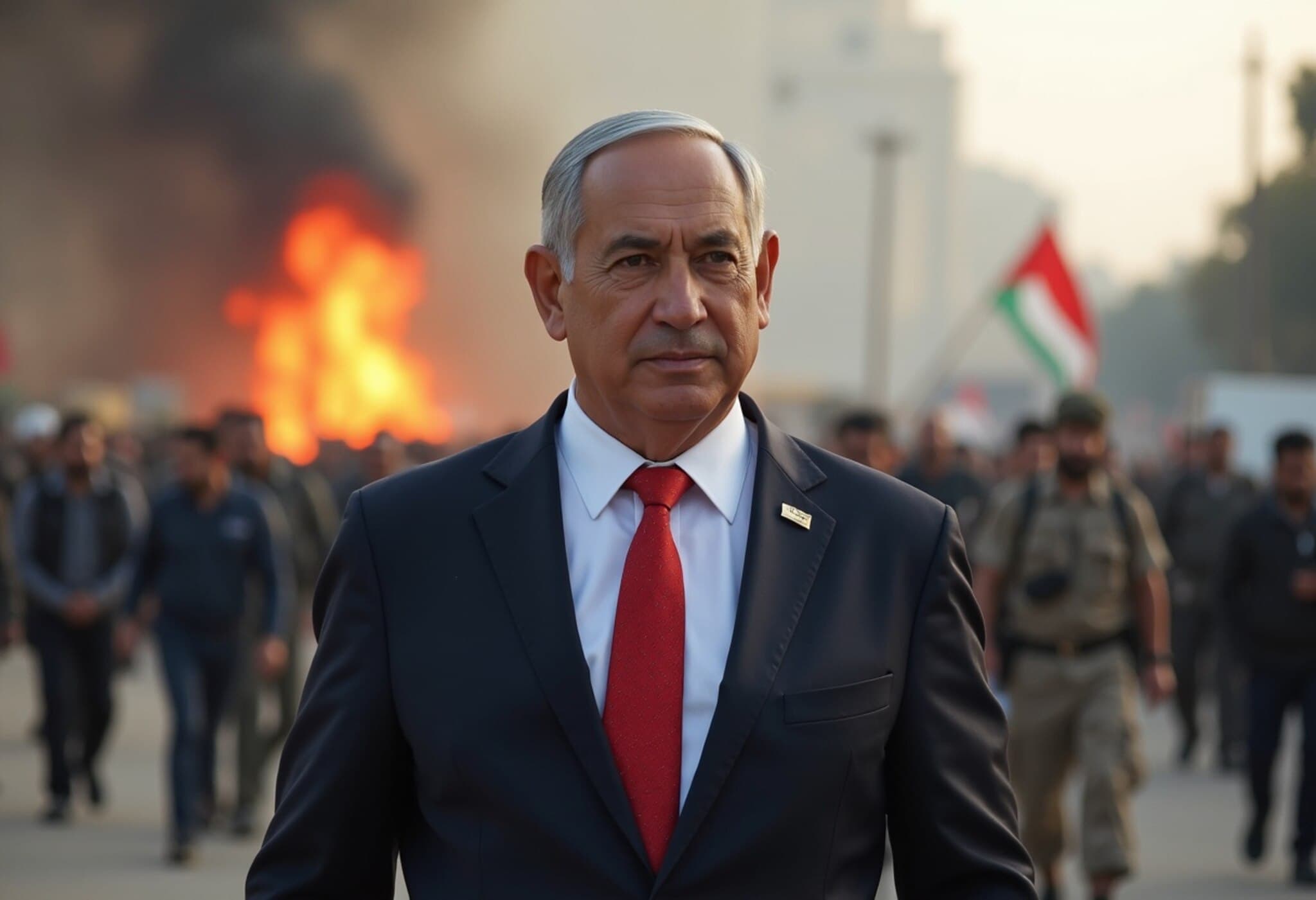Al Jazeera Reporter Anas al-Sharif Dies in Gaza Airstrike
Anas al-Sharif, a respected Al Jazeera correspondent, lost his life alongside four colleagues in an Israeli airstrike targeting Gaza City on Sunday. The 28-year-old journalist was known for courageous frontline reporting amid escalating conflict in the region.
A Final Message from the Heart of Gaza
Just hours before the fatal strike, al-Sharif shared a poignant video documenting relentless Israeli bombardments. In what he described as his "will and final message," he reflected deeply on his life growing up in the Jabalia refugee camp, a place marked by suffering and resilience. He wrote:
"If these words reach you, know that Israel has succeeded in killing me and silencing my voice."
Al-Sharif entrusted the world with the story of Palestine — calling it the "jewel in the crown of the Muslim world" — and implored people not to let physical or political barriers silence the truth. He shared his yearning to return to his family's original home in occupied Asqalan and left touching words for his mother, wife Bayan, and children Sham and Salah, whom he would never see grow up.
"If I die, I die steadfast upon my principles," he affirmed. "Do not forget Gaza… And do not forget me in your sincere prayers."
Details of the Strike and Controversies Surrounding It
The attack struck a tent close to a hospital gate, housing several journalists including al-Sharif. Alongside him, reporter Mohammed Qreiqeh and cameramen Ibrahim Zaher, Mohammed Noufal, and Moamen Aliwa also perished. Palestinian and international press freedom groups have condemned the killing, emphasizing the urgent threat to journalists working in Gaza's perilous conditions.
The Israeli military acknowledged the strike, alleging al-Sharif was a "terrorist" linked to a Hamas military cell accused of rocket fire—a claim strongly rejected by Al Jazeera and multiple independent media and human rights organizations. The Committee to Protect Journalists (CPJ) expressed outrage, condemning what they see as a disturbing pattern of labeling journalists as militants without providing concrete evidence.
Context: A Rising Toll on Media in Conflict Zones
Al-Sharif's death is part of a troubling trend. Over 200 journalists have been reported killed in Gaza during the 22-month-long conflict—making it one of the deadliest environments for the press worldwide. Media watchdogs warn that escalating military operations pose even greater risks to press freedom and civilian safety alike.
The United Nations has raised alarms to the Security Council, warning of "another calamity" that may worsen the humanitarian crisis, endangering Gaza’s nearly two million inhabitants who already face severe displacement and destruction.
Expert Insights: The Role and Risk of Journalism in Armed Conflicts
Experts emphasize that journalists like Anas al-Sharif serve a crucial role in conflicts, shining a light on realities often obscured by military or political agendas. Their work informs global audiences, fosters accountability, and preserves the historical record of human suffering and resilience.
However, frontline reporters frequently confront lethal dangers, especially in asymmetrical warfare settings where combatants intermingle with civilians, and parties to conflict may target information as much as territory.
From a U.S. legal perspective, the targeting of journalists violates international humanitarian law protections for civilians and media personnel. The ongoing threats underscore calls for stronger enforcement of protections and more robust mechanisms for investigating alleged war crimes.
What Lies Ahead for Gaza and Press Freedom?
As the Gaza conflict intensifies, the international community faces pressing questions:
- How can journalists be better protected in conflict zones?
- What responsibilities do militaries and governments have to avoid harming members of the press?
- What support and accountability mechanisms will ensure truthful reporting continues amidst escalating violence?
Al-Sharif’s final words remain a haunting call to action — a reminder that amidst the fog of war, the human stories and truths must not be lost or silenced.
Editor's Note
Anas al-Sharif’s tragic death highlights the perilous intersection between press freedom and military conflict. His courageous dedication to truth-telling in Gaza—despite existential risks—exemplifies the vital, often unheralded role journalists play in war zones. As the world grapples with the escalating crisis, this story demands urgent reflection on how societies protect those who risk everything to report from the frontlines. Will his plea to "not forget Gaza" resonate beyond headlines and inspire meaningful change in how global conflicts and press freedoms are addressed?

